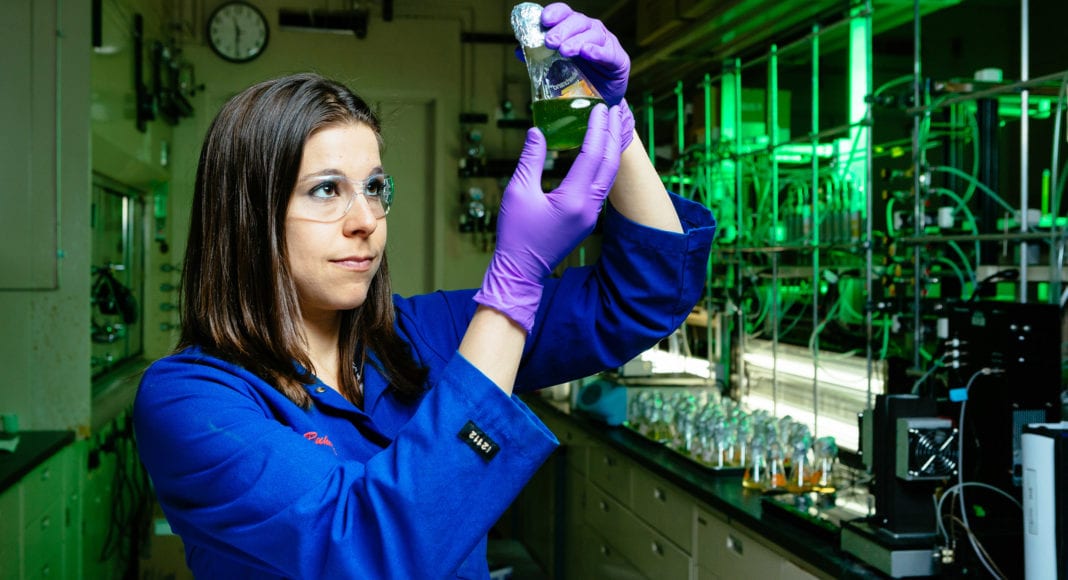American multinational ExxonMobil has been undertaking research for breakthrough technology that will aid significantly in reducing emissions in certain high polluting sectors.
According to the oil giant’s latest Carbon and Energy Summary, it has been focusing technology on three distinct, high emitting sectors where there are limited viable solutions for broad deployment. They are the transportation, power generation, and industrial sectors. These industries represent 80 percent of current energy related Carbon Dioxide (CO2) emissions and are projected to increase with population growth and economic development.
In transportation, ExxonMobil said it is making progress with the development of advanced algae and cellulosic liquid biofuels. Because of their energy density, the oil giant explained that liquid fuel solutions are currently needed for commercial transportation where battery capacity is an issue for heavy loads and long distances.
In power generation, the company is working to make carbon capture and storage technology more economical to potentially enable wider deployment. Exxon currently has more than 20 percent of the world’s carbon capture capacity.
In the industrial sector, ExxonMobil said it is developing new processes for refining and chemical facilities to reduce energy use through advanced separation processes, catalysts and process configurations. ExxonMobil said that breakthroughs in these areas are critical to reducing emissions and would make a meaningful contribution to achieving the goals of the Paris Agreement which requires countries to reduce their greenhouse gas emissions.
ExxonMobil was among the top purchasers in 2018 of renewable energy including wind and solar to support its operations.



